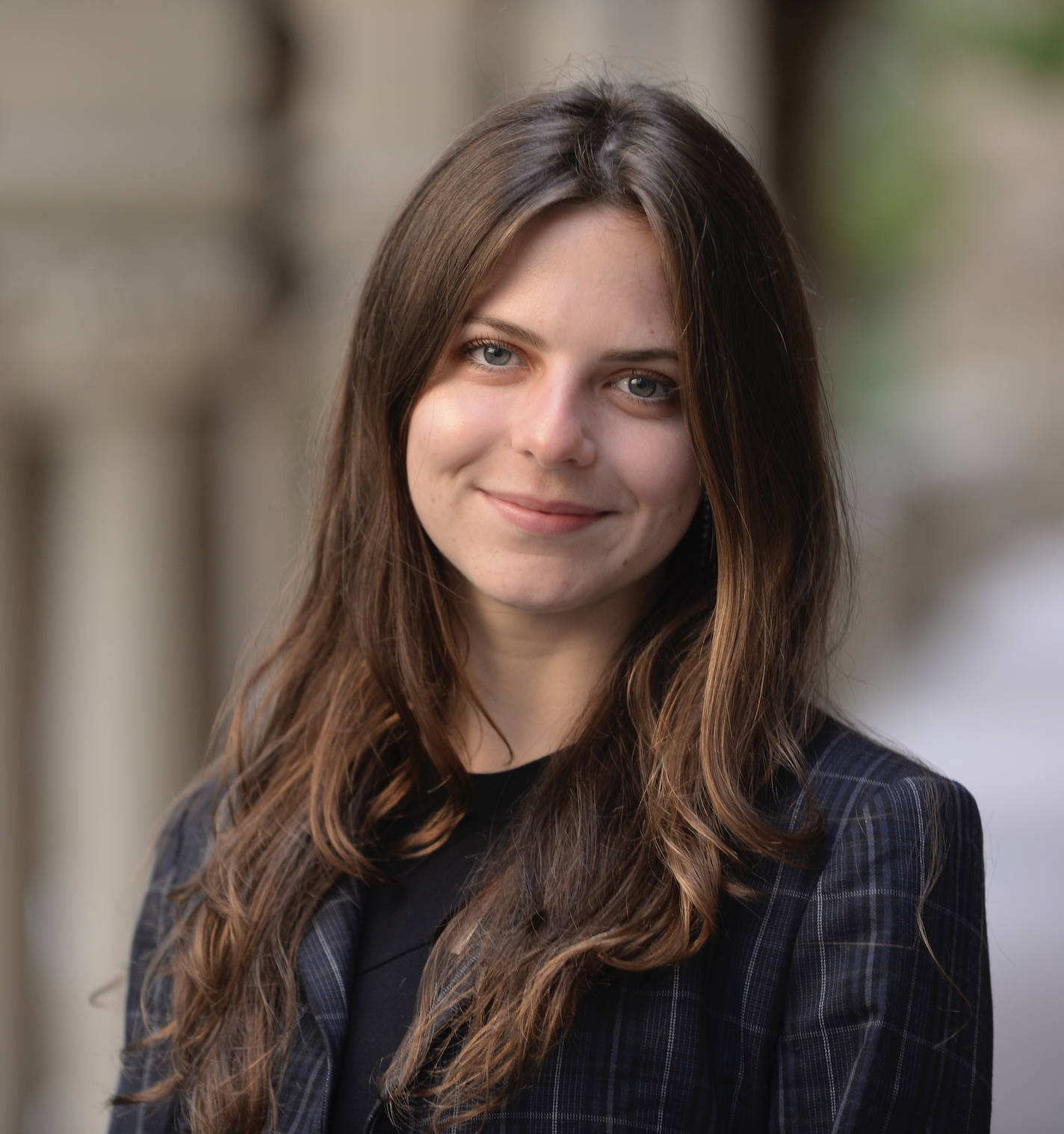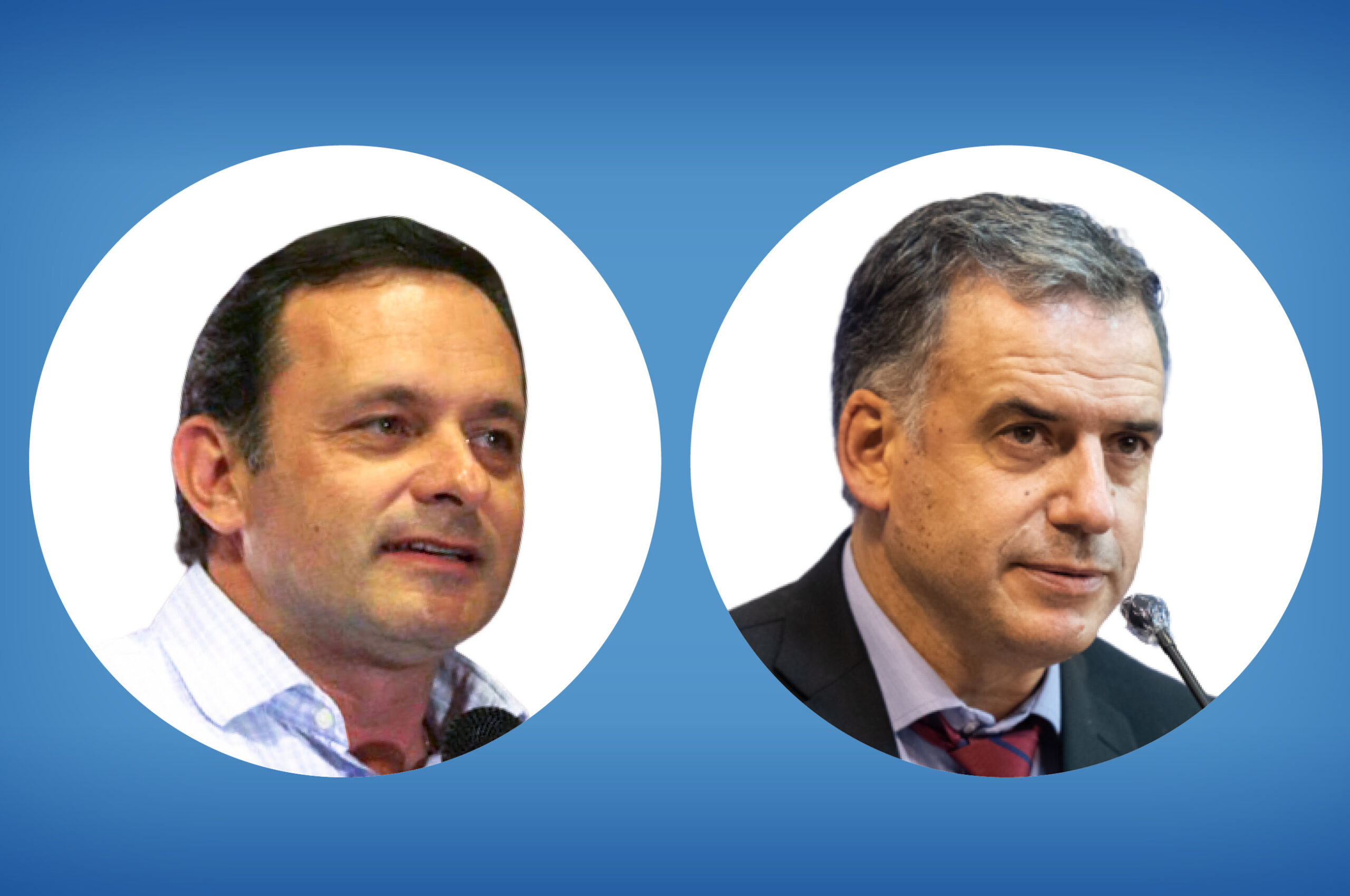This article is adapted from AQ’s special report on Latin America’s election super-cycle
This page was last updated on October 28
Uruguayans voted for president, vice president, all 30 seats in the Senate, and all 99 seats in the Chamber of Representatives on October 27. Voters also rejected two plebiscites (one on security and the other, a wide-ranging pension reform).
No presidential candidate received over 50% of the vote, and in a runoff on November 24 voters will choose between Yamandú Orsi of the leftist Frente Amplio (who placed first first with 44% of votes, according to local media) and second-place finisher Álvaro Delgado of the governing center-right Partido Nacional, who secured 27% of the vote. We will occasionally update this page to reflect developments in the campaigns.
AQ also asked a dozen nonpartisan experts on Uruguay to help us identify where each candidate stands on two spectrums: left versus right on economic matters, and a more personalistic leadership style versus an emphasis on institutions. We’ve published the average response, with a caveat: Platforms evolve, and so do candidates.

Álvaro Delgado
55, former presidential chief of Cabinet
Partido Nacional (PN)
“We put the country on its feet, and it began to walk.”
HOW HE GOT HERE
Delgado, who trained as a veterinarian and holds an agroindustrial management postgraduate degree, started his career in the agricultural industry. He was a member of the lower house of Congress (2005-15) and the Senate (2015-20) representing Montevideo. Delgado served as chief of Cabinet to President Luis Lacalle Pou and resigned in December 2023.
WHY HE MIGHT WIN
Delgado’s prominent role in Lacalle Pou’s government has given him a broad platform. Amid the COVID-19 pandemic, regular press conferences elevated his visibility as he became the face of the government’s response, which was generally perceived as effective. This positions him to capitalize on the administration’s relatively high approval rating, especially during its first two years.
WHY HE MIGHT LOSE
Scandals in late 2023 shook Lacalle Pou’s administration, leading to several resignations from top Cabinet members. Delgado’s central role in the government, combined with a perceived lack of charisma, may alienate voters.
WHO SUPPORTS HIM
Seen as a capable administrator, Delgado is supported primarily by the Aire Fresco movement of the PN, where he is seen as a successor to Lacalle Pou. This endorsement may rally support from the president’s followers, including pro-market voters. PN mayors from Uruguay’s interior, a party stronghold, have also supported his candidacy. His running mate is Valeria Ripoll, a former union leader.
WHAT HE WOULD DO
Delgado would build on the current administration’s policies and has released a program with the stated goal for Uruguay to become “the first developed country in Latin America.” By the end of his term, he aims to reduce the number of public employees by 15,000 and create at least 60,000 new jobs. Delgado would seek greater trade liberalization, pursuing a free trade agreement with China and others, which Lacalle Pou has also sought despite Mercosur’s rules against bilateral trade deals. He would create a joint task force against organized crime and drug trafficking, adapting Italy’s “anti-mafia” model.
IDEOLOGY


Yamandú Orsi
57, former mayor of Canelones department
Frente Amplio (FA)
“It will not be a government of friends. It will be a government of capable individuals committed to assuming public office, with a sense of responsibility and ethics.”
HOW HE GOT HERE
A former high school history teacher from a farming family, Orsi previously served as mayor of Canelones, the nation’s second-most populous department. He entered politics in 2005, initially serving as the general secretary of the department under the Movimiento de Participación Popular (MPP), former President José “Pepe” Mujica’s party within the FA coalition. Orsi held this position for a decade before being elected mayor in 2015 and reelected in 2020. He resigned from this post in early March to run for president.
WHY HE MIGHT WIN
Orsi is seen as the inheritor of Mujica’s legacy within the MPP. He is backed by the party’s leftist base and by more moderate factions within the FA due to his consensus-building approach to policymaking. Though known for his willingness to dialogue, Orsi has criticized Lacalle Pou’s administration, potentially striking a chord with voters disillusioned by the PN.
WHY HE MIGHT LOSE
In the runoff election, his relatively moderate views that appeal to a broader electorate may be an asset, but right-wing and center-right voters will likely cast their ballots for Delgado. Some members of the center-right Partido Colorado have said they will support the Partido Nacional candidate.
WHO SUPPORTS HIM
Orsi’s roots in Canelones, in some ways a microcosm of Uruguay with its mix of rural and metropolitan areas, provide him with experience governing both city and countryside. This diverse background could garner broad support from the coast and the interior, possibly attracting more centrist voters beyond his coalition. Carolina Cosse, the former mayor of Montevideo department who placed second in the FA primary, joined Orsi’s ticket as vice president.
WHAT HE WOULD DO
Orsi has stated that his main concerns for Uruguay are child poverty and security. As mayor, he promoted initiatives to attract global businesses, like Google, to Canelones, and he has courted U.S. investment in the country—including in fighting organized crime, where he suggests the U.S. could foster regional coordination. Orsi has announced that he would add 2,000 new police officers and create a specialized task force for criminal investigation. He has also emphasized the importance of fostering commercial relations with China as an export destination for raw materials, and has stated that he does not want to put “all the eggs in one basket.”
IDEOLOGY








